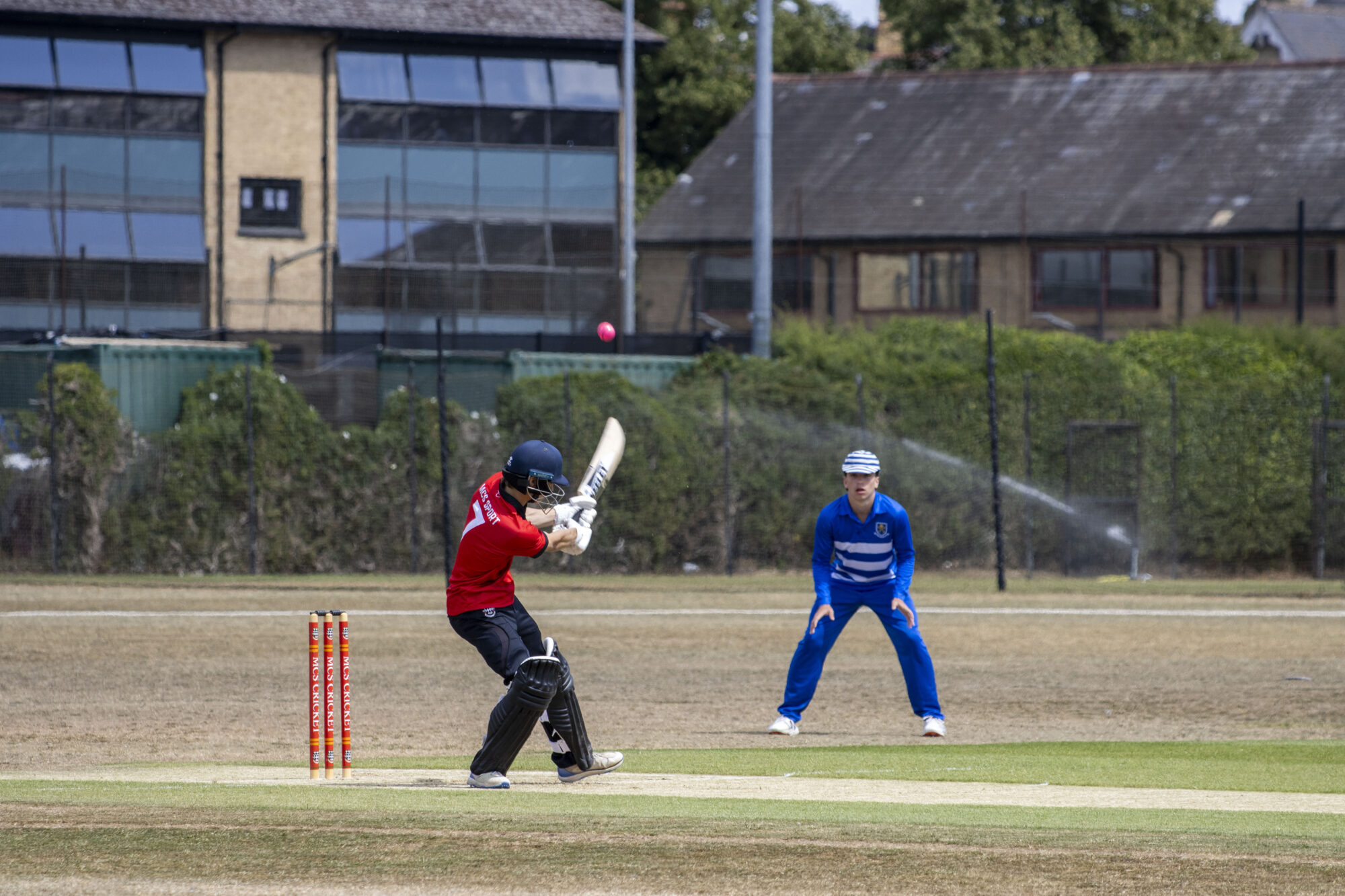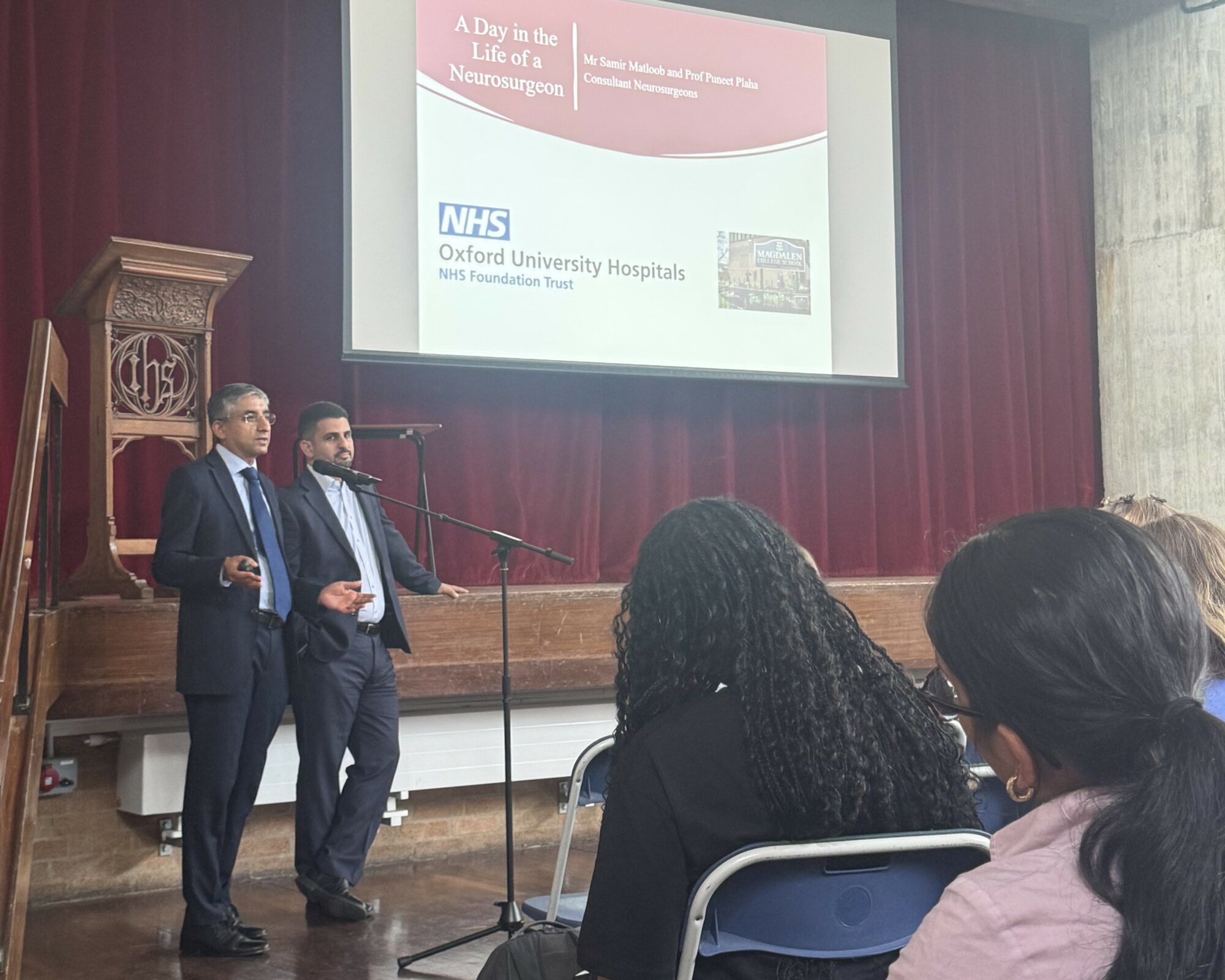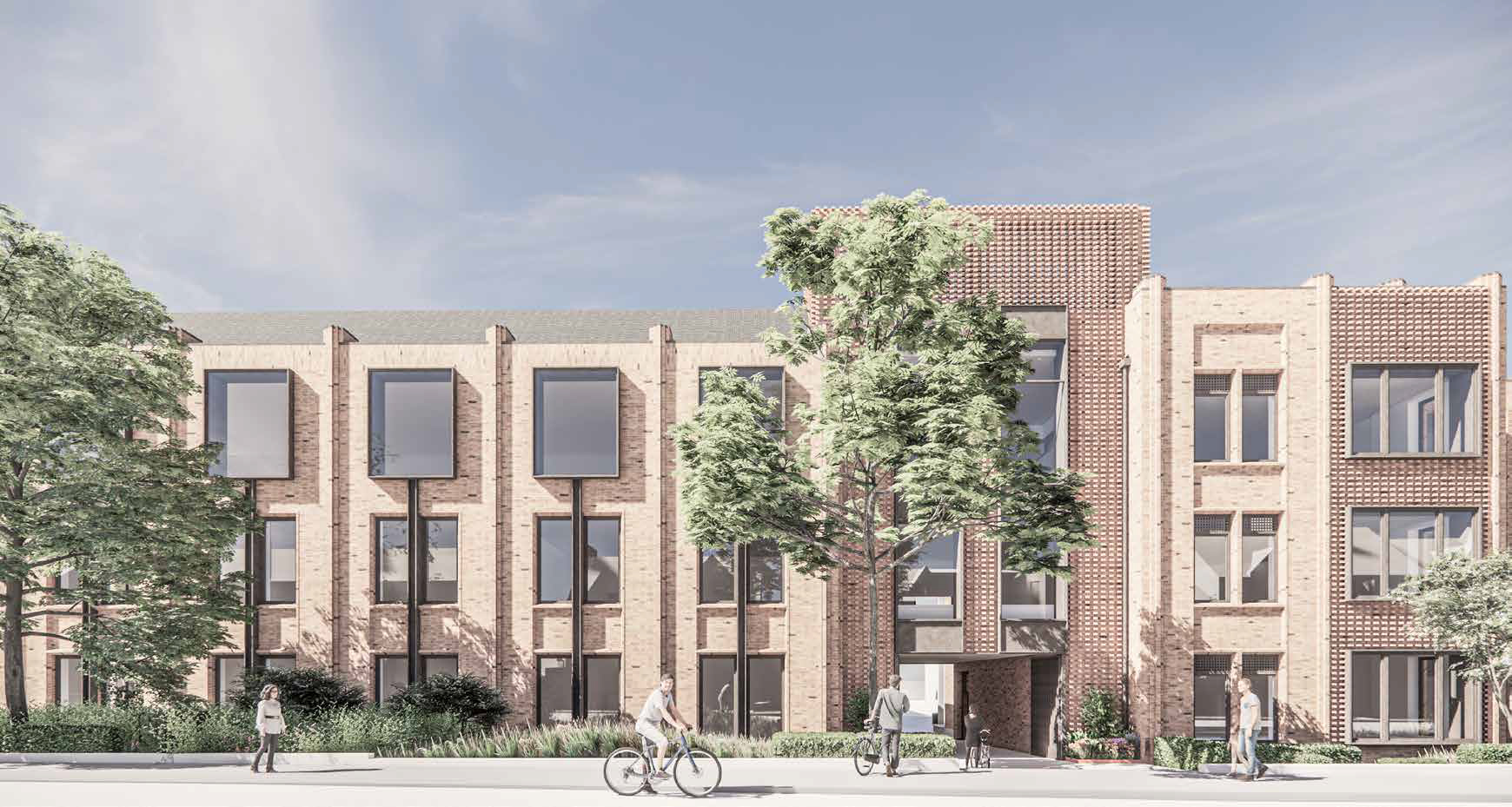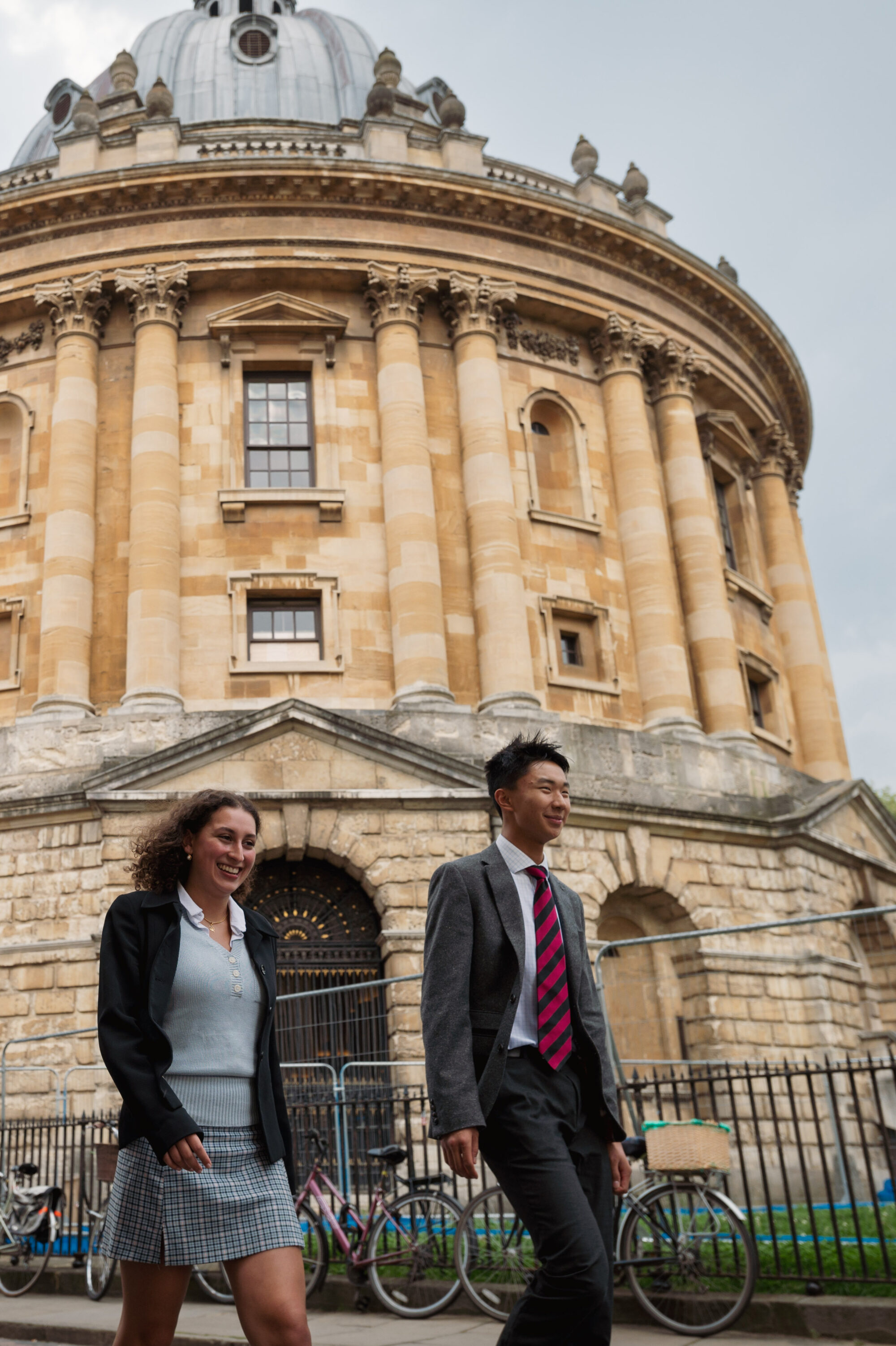We were pleased to welcome distinguished guests Ann Furendi, Chief Executive of British Pregnancy Advisory Service and Peter Hitchens, Broadcaster and Author, for our popular #YouCan’tSayThat Debate. These debates are renowned for tackling controversial topics argued robustly by speakers with opposing views. The topic for this debate was ‘Abortion should be more tightly restricted by law than it is now’.
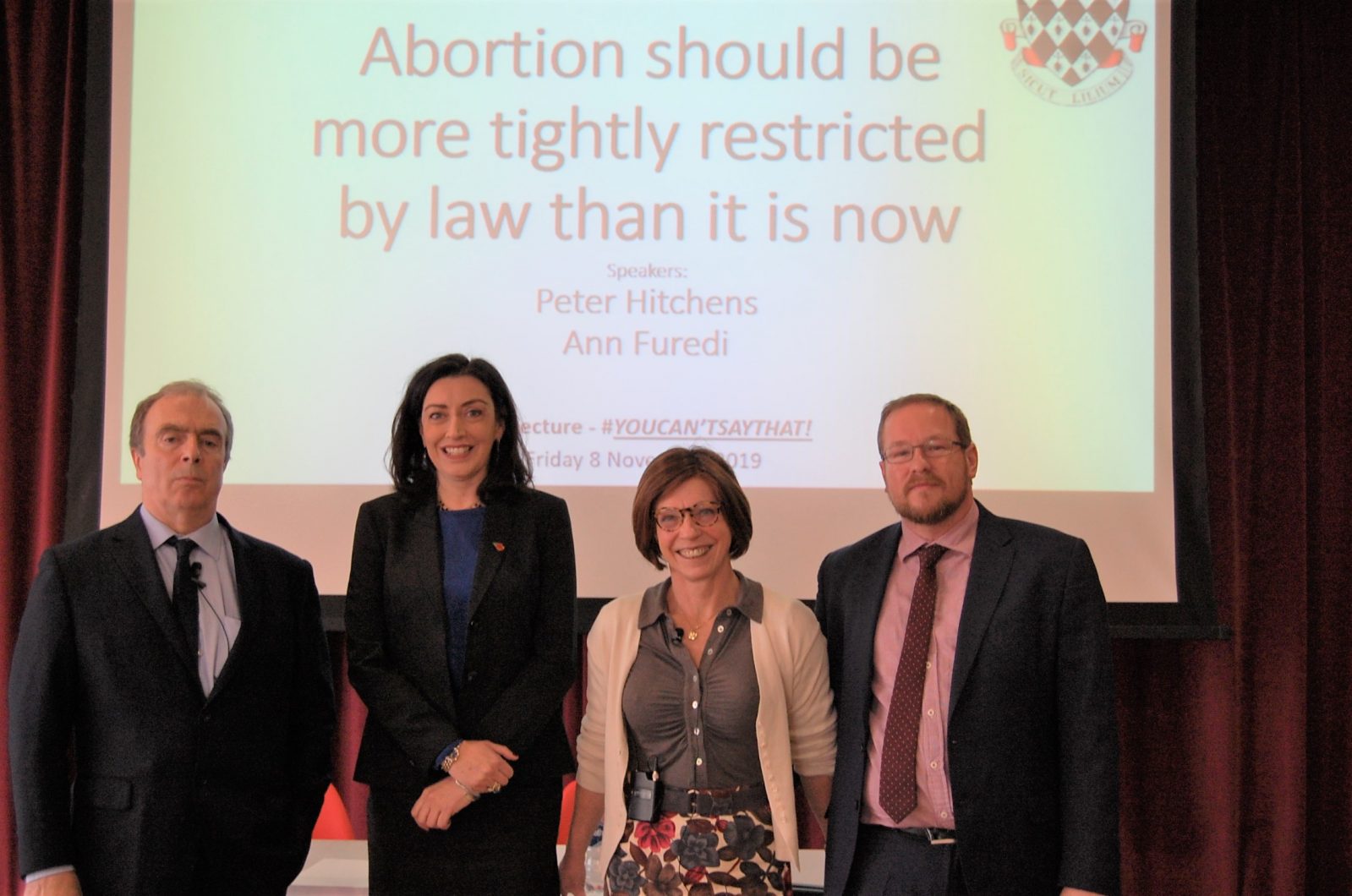
A report of the debate follows which is written by Ilona S and Iona F (Upper Sixth)
This was the first of our year group’s #YouCan’tSayThat debates, which allow us the opportunity to hear discussions on controversial topics from speakers who disagree. This is important because we often hold unjustified views enforced by confirmation bias and this forces us to be open to challenges from those who disagree, as well as encouraging us to have informed views. Both of the speakers at this event have previously been “no-platformed” at different university societies by students who disagree with their views. We were delighted to have the opportunity to critically reflect on their ideas.
Ann Furedi is the Chief Executive of the UK’s largest independent abortion provider; British Pregnancy Advisory Service (BPAS) and is the author of The Moral Case for Abortion. She is one of the biggest advocates of a woman’s right to choose in the UK and believes that women should have the right to abortion, including late-term abortions. Peter Hitchens, who writes for The Mail on Sunday, has written numerous books and takes a hard anti-abortion stance: he feels abortion at any point in pregnancy is morally wrong, and legal restrictions should be much tighter.
Hitchens began the debate by showing us an emotive video of an American obstetrician describing, in graphic detail, the abortion process during the third trimester, as well as his trauma having performed them and the reasons that he will no longer do so. This was quite shocking to see and elicited emotional sympathy causing us to engage in his point of view. He pointed out that we are too comfortable in our mindsets as they are enforced by our peers, drawing parallels to people’s previous acceptance of Nazi Germany. Furedi began very differently by sympathising with the religious justifications of his view as well as rebuffing his arguments. She went on to argue for women’s bodily autonomy as the foundation of her support for a woman’s right to choose.
The floor was then opened to questions from the year groups to both Furedi and Hitchens. In response to questions about eating meat, contraception and the death penalty, Hitchens pointed out the problematic nature of justifying our opinions with examples that are not parallel: he said that people sentenced to the death penalty are not innocent and animals are not of the same moral standing as humans. Furedi was asked an interesting question regarding whether her view on foetuses having fewer rights due to being in a lesser state of consciousness could also be applied to people in comas. Furedi acknowledged the complexity of the issue while stressing the foetus’ physical dependence on the mother.
Overall the debate was incredibly informative and stimulated lots of discussion and debate among the Sixth Form.
 MCS ranks among the top independent secondary schools, and in 2024 was awarded Independent School of the Year for our contribution to social mobility.
MCS ranks among the top independent secondary schools, and in 2024 was awarded Independent School of the Year for our contribution to social mobility.

 28 of our pupils achieved 10 or more 8 or 9 grades in 2024.
28 of our pupils achieved 10 or more 8 or 9 grades in 2024.
 In 2023-24, MCS received over £448,000 in donated funds.
In 2023-24, MCS received over £448,000 in donated funds.